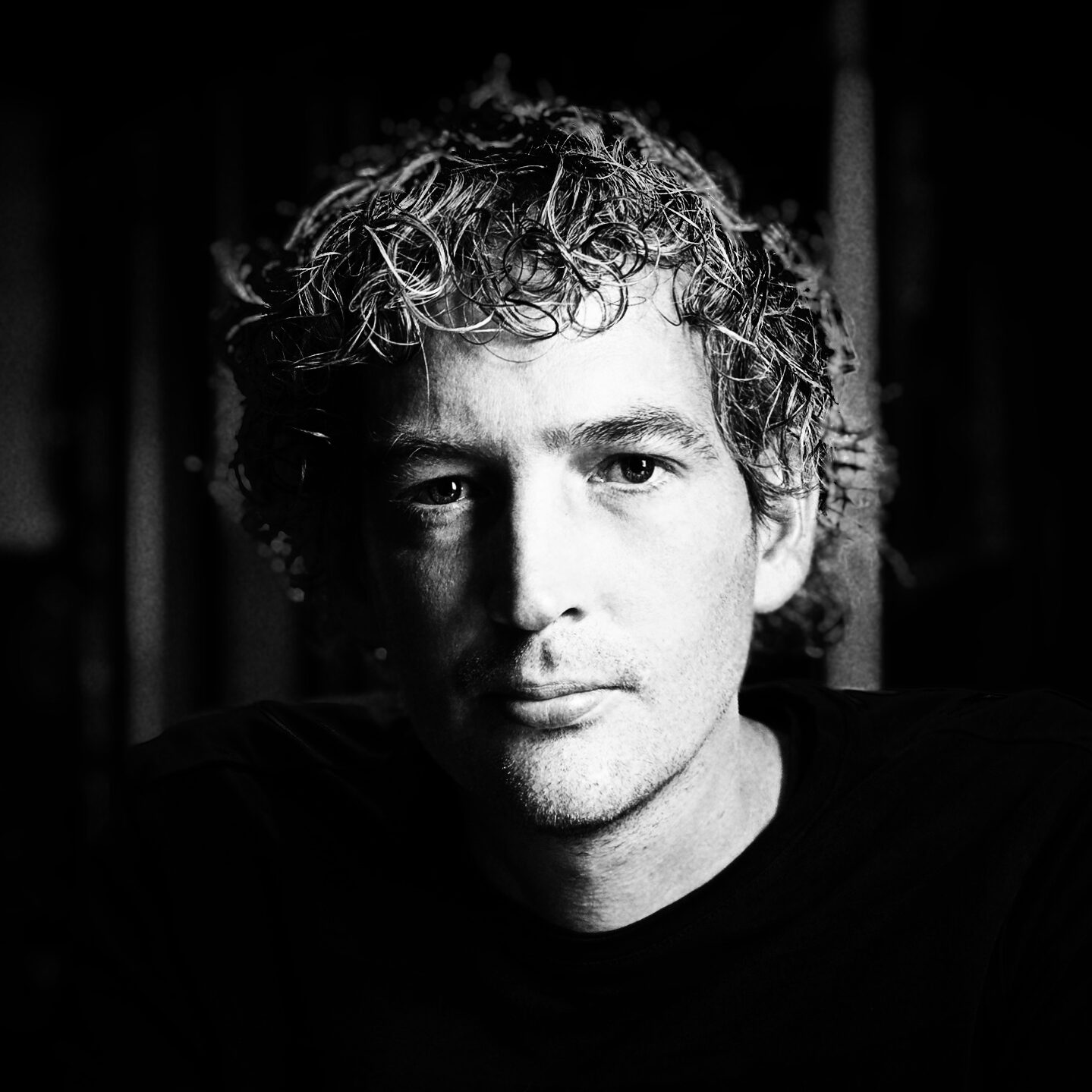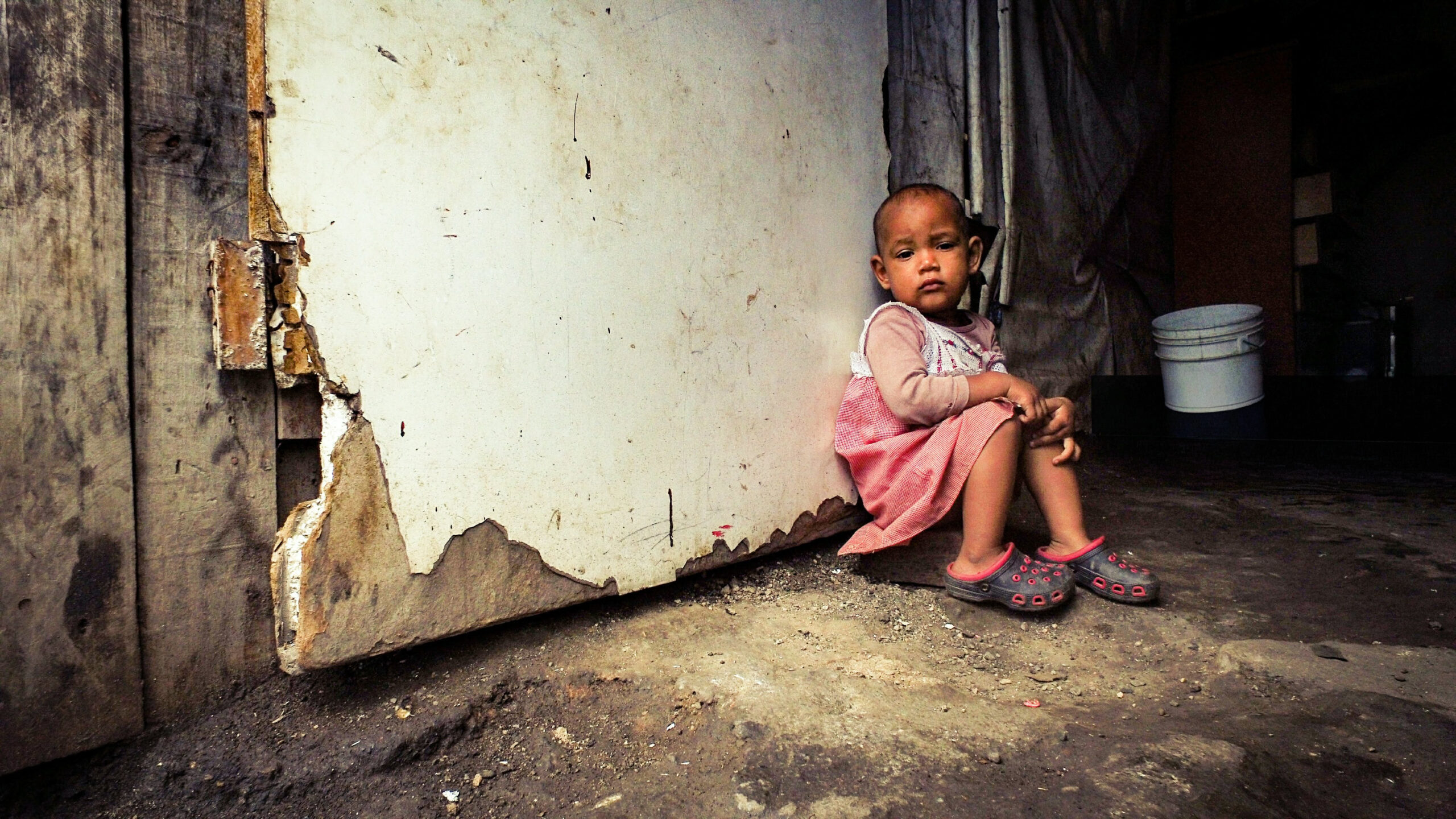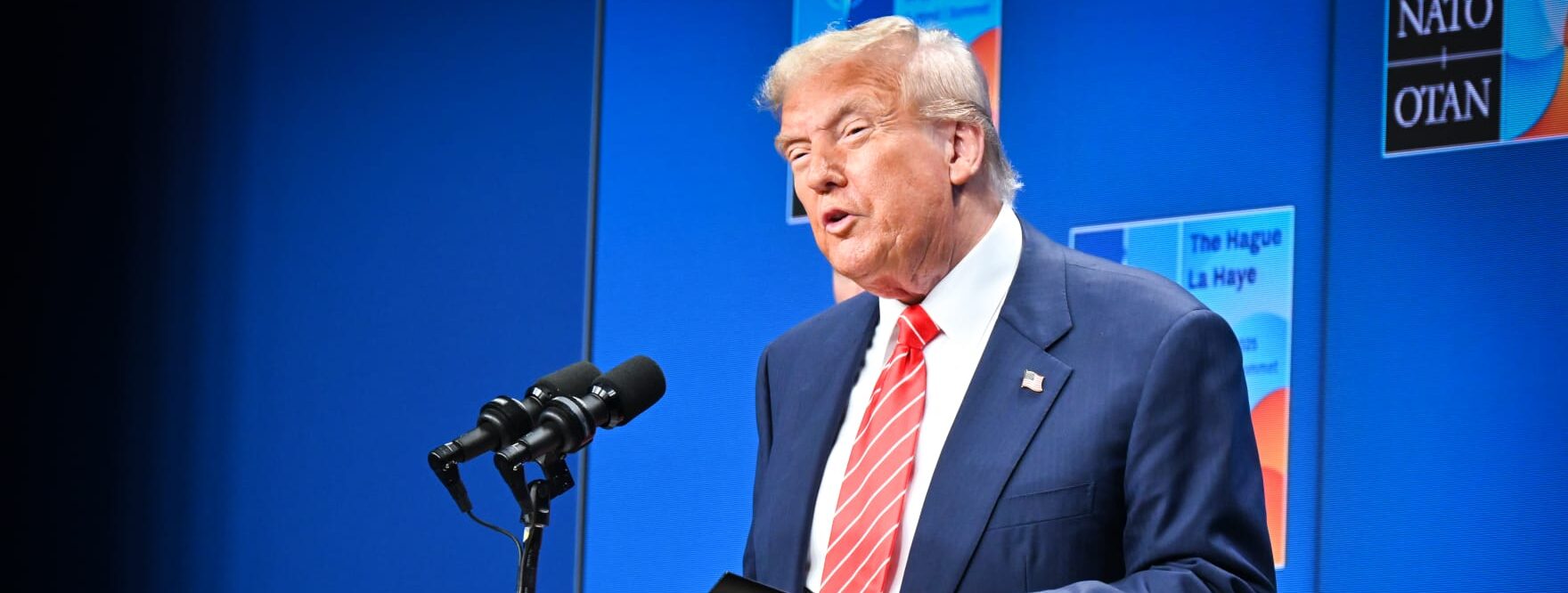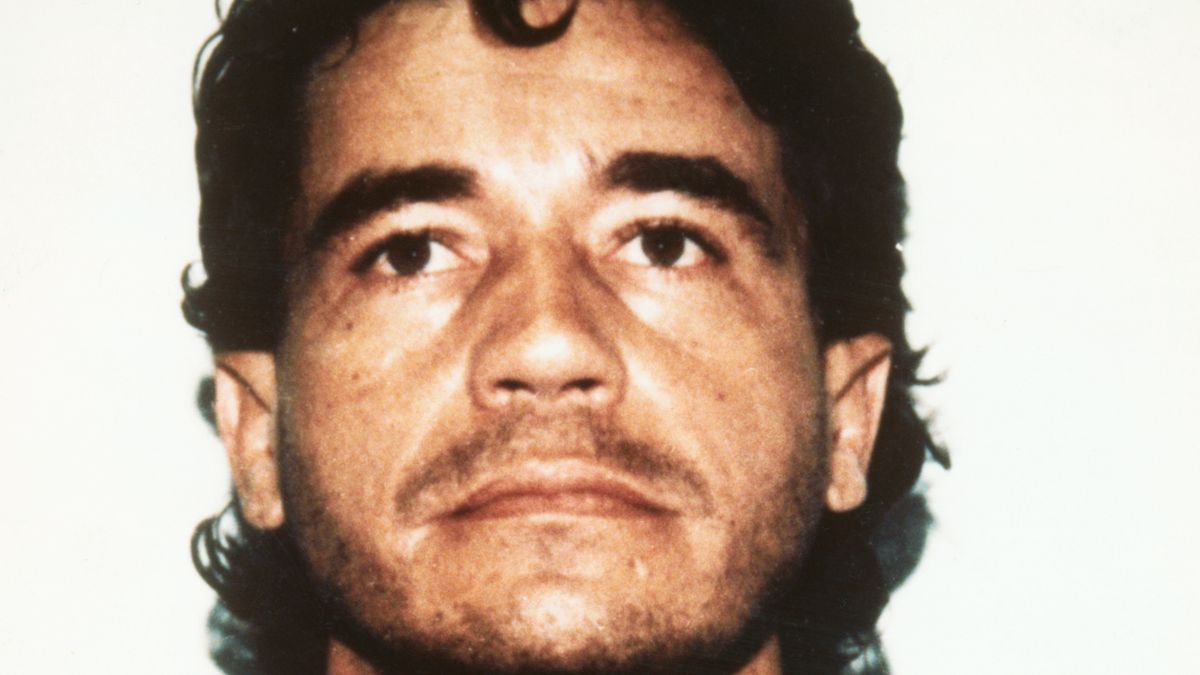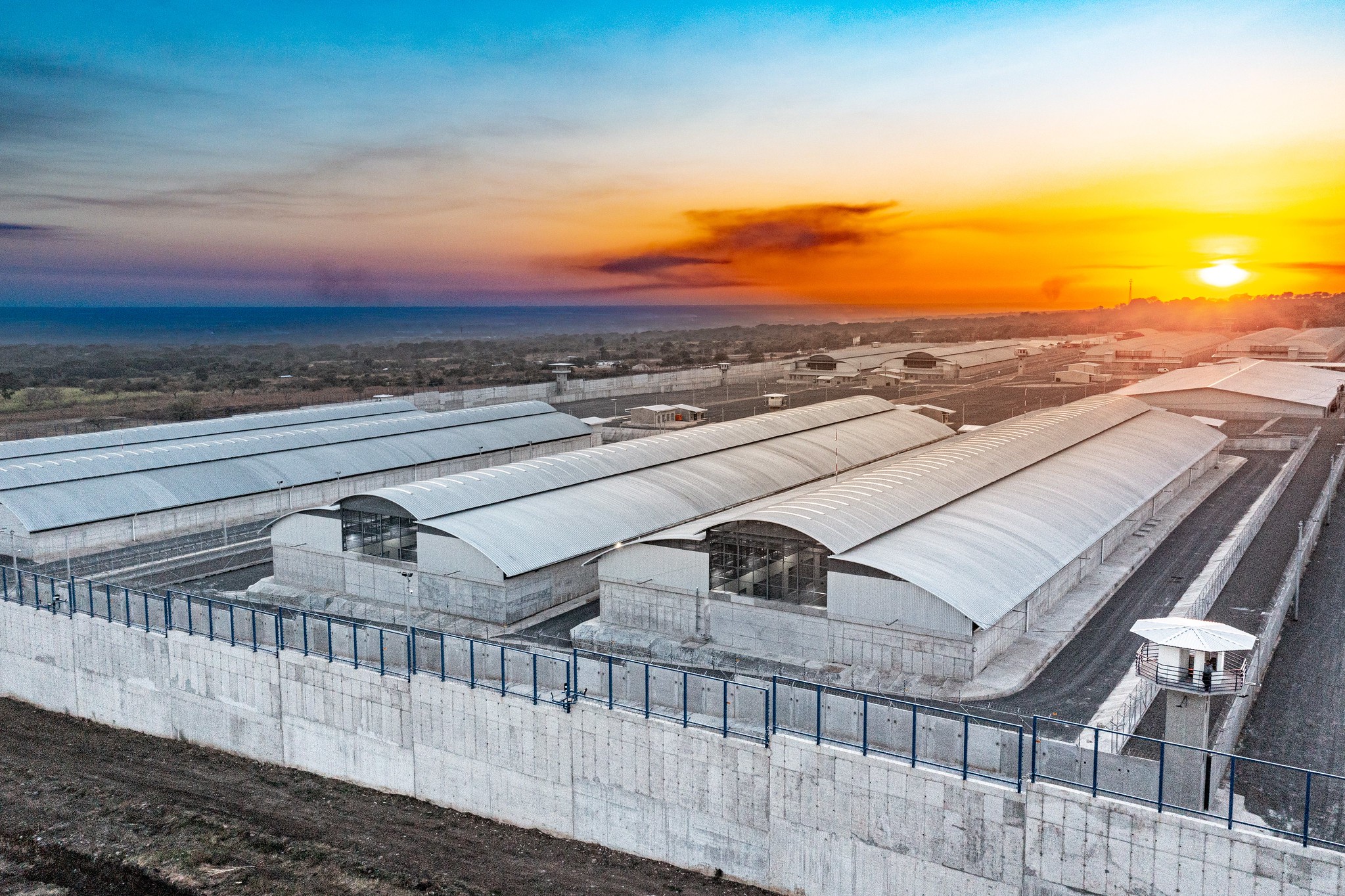Last month, Leopoldo Lopez was sentenced to nearly 14 years in prison. The prosecutor then fled the country and says sorry, he was wrong. The judge gets promoted. A criminal case in Venezuela.

Leopoldo Lopez
Last month, opposition leader Leopoldo Lopez was sentenced to more than 13 years in prison in a Venezuelan court. The people, government leaders and many other organizations called for Lopez's release. Now including Franklin Nieves himself, the prosecutor responsible for the charges against the opposition leader.
Nieves, the district attorney
Days after Lopez's conviction, Nieves fled from Venezuela to the United States to seek asylum. In a video that came online last weekend, the ex-officer calls the trial of Lopez a sham, a farce. Evidence was allegedly tampered with and he and his colleagues were pressured by the government. In the video, Nieves now apologizes from America to Leopoldo Lopez, Lopez's family and the people of Venezuela. "Lopez is innocent, I'm sorry."
Nieves explains to the Wallstreet Journal that human rights were ignored because it was impossible for Lopez's defense to call witnesses and introduce evidence at trial.
There were several irregularities during Lopez's trial. For example, the first hearing was held in a bus in front of the entrance to the prison, only one of all the defense's exhibits was admitted, only one witness from the defense was actually allowed to testify, and all hearings of the Lopez trial were held behind closed doors. Nieves also indicates in his video message that he was pressured by the government and government security.
Attorney General of Venezuela, Luisa Ortega Diaz denies that any pressure was applied. She indicates in a television interview that Nieves was fired as prosecutor before he fled to America. The second prosecutor who led the case against Lopez alongside Nieves let it be known in a comment to Reuters news agency that she is not allowed to say anything about the case.
Leopoldo Lopez
Born in 1971 into a political family, Lopez became mayor of Chacao in 2000, where he was re-elected in 2004. A few days before the short Coup on Chavez in 2002, Lopez participated in a protest against him. After the protest that Lopez expressed support for, there were several moments in which Lopez was attacked, shot at and detained. Just before the 2008 election, a judge ruled that Lopez should not be allowed to run in the election because he was suspected of corruption. He was never officially charged for this. Lopez appealed to the IACHR (Inter-American Commission on Human Rights) and won, but Venezuela's high court declared this ruling unenforceable.
On Feb. 12, 2014, Lopez called on Venezuelans to demonstrate peacefully, the same day a warrant was issued for his arrest. A few days later, on Feb. 16, President Nicolás Maduro called on opposition leader Lopez to turn himself in. On Feb. 18, Lopez did so during a parade with thousands of supporters. He was arrested for murder and terrorism; during his pre-trial detention, these charges were changed to calls for resistance, arson and vandalism. In September 2015, Lopez was sentenced to 13 years, 9 months, 7 days and 12 hours in prison. He is currently being held in the Ramo Verde military prison.
Barreiro, the judge
Susana Barreiro (34) became a judge in 2010, she then took over from Judge María Afiuni who had been arrested as a judge by then-President Chavez after she acquitted businessman Eligio Cedeño. Cedeño was on trial for currency rule evasion, Afiuni was convicted of abuse of power and aiding escape. Barreiro was assigned the case of Leopoldo Lopez.
Since Lopez's conviction, several stories have been circulating about Barreiro's fate; for example, she is said to have been nominated as Consul of Chile, she is said to be promoted as a judge of the Supreme Council of Venezuela, or she was just admitted to a hospital (Fuerte Tiuna) after a failed suicide attempt. None of these stories can be confirmed at this time
Lopez not alone
Lopez is not the only political prisoner in Venezuela. In recent years, several mayors, opposition members and protesters have been arrested. Next Dec. 6 there will be parliamentary elections in Venezuela. The popularity of President Maduro and the ruling party PSUV are at their lowest point ever, in addition Venezuela is facing a severe economic crisis.

